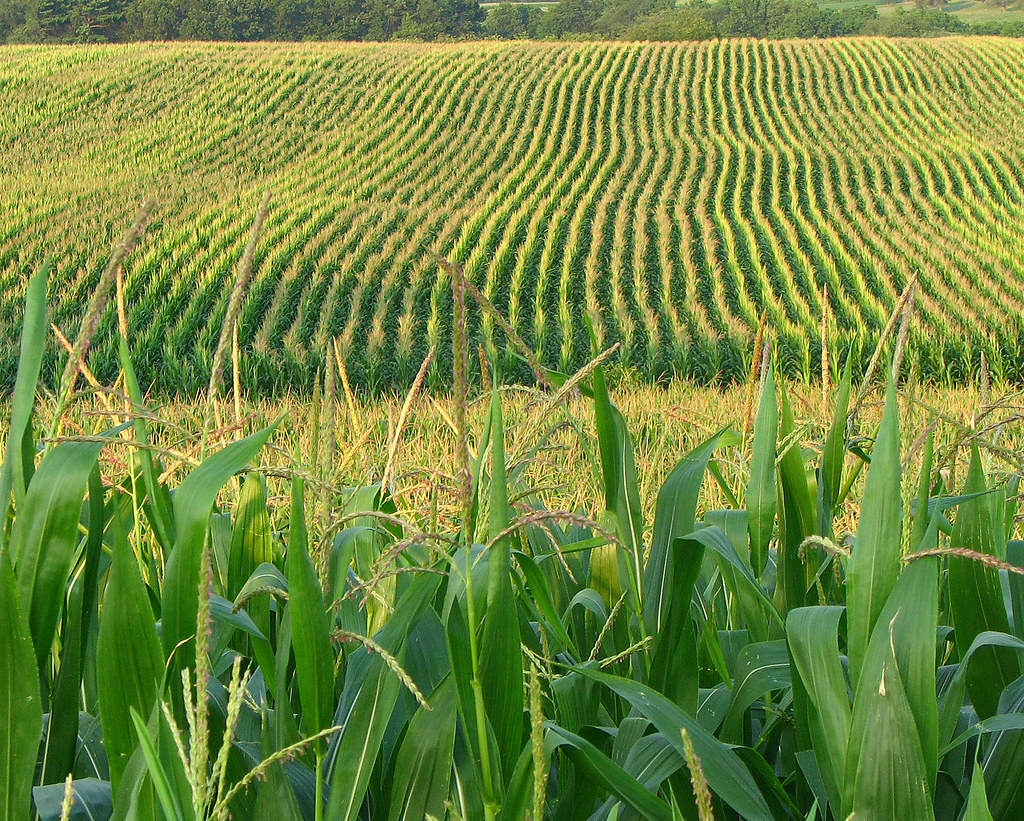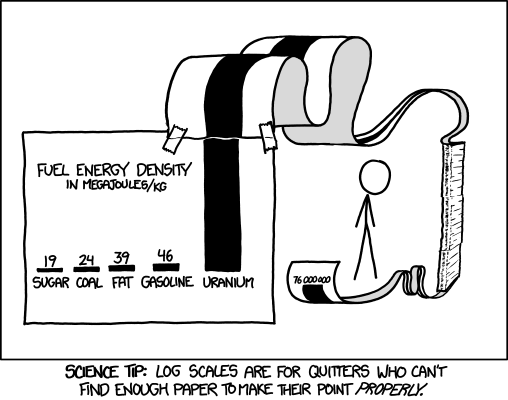To get solar power we make and set up a bunch of these...

...which collects the sun's energy, converts it into electrical energy at 40% efficiency nowadays (and they're improving) which we can send anywhere we need it via cables. Be it to power our computers, lightbulbs, vacuum cleaners, LED bulbs, fridges, fedora factories, electric cars and railways and other such nice things all nice and clean without carbon emissions or any of that unpleasantness.
On the flip-side you got biofuels. The process starts by growing plants who use photosynthesis to make solar power. This process works at 1% to 2% efficiency so basically for every square meter you dedicate to solar panels you'd have to put down 20 square meters of plants. They also require fertilizers and irrigation.
These plants use said solar energy mostly to make cellulose, the polysaccharide that wood is made out of. There is a decent amount of energy in cellulose which you get out by burning it in a fire but doing so is very clunky and inefficient. If you want to make fuel out of a chemical that's more usable you'd best go with sugars, which are much easier to process into fuels. You're best option for this is sugar cane...

...which is full of sugar and grows rapidly. The only problem is that it's firmly a tropical plant with no frost resistance whatsoever and needs a lot of water. In more temperate latitudes the main alternative for biofuels is corn...

...of which only the ear has the sugar content required to make biofuel, which is a small part of the plant. Either way harvest time comes, the sugarcane and corn gets harvested by a combine harvester, put on a truck and trucked off to the biofuel factory. There they get mulched and refined into biofuels. For every one joule of energy spent refining sugar cane into biofuel you get eight joules worth of biofuel. For corn for every joule you spend in refining (after decades of R&D have been put into making the process as efficient as possible) you get 1.5 joules worth of biofuels. This can be used to power internal combustion engines and used in narrow fields as an inferior substitute for gasoline while still creating carbon emissions.
This is leaving aside the fact that we need arible land to grow crops for food to eat.
In short, biofuels are a dead end as far as energy policy goes. They're horribly inefficient, generate pollution and there are an all around better methods for making sunlight into usable energy which exists right now.
Zor

